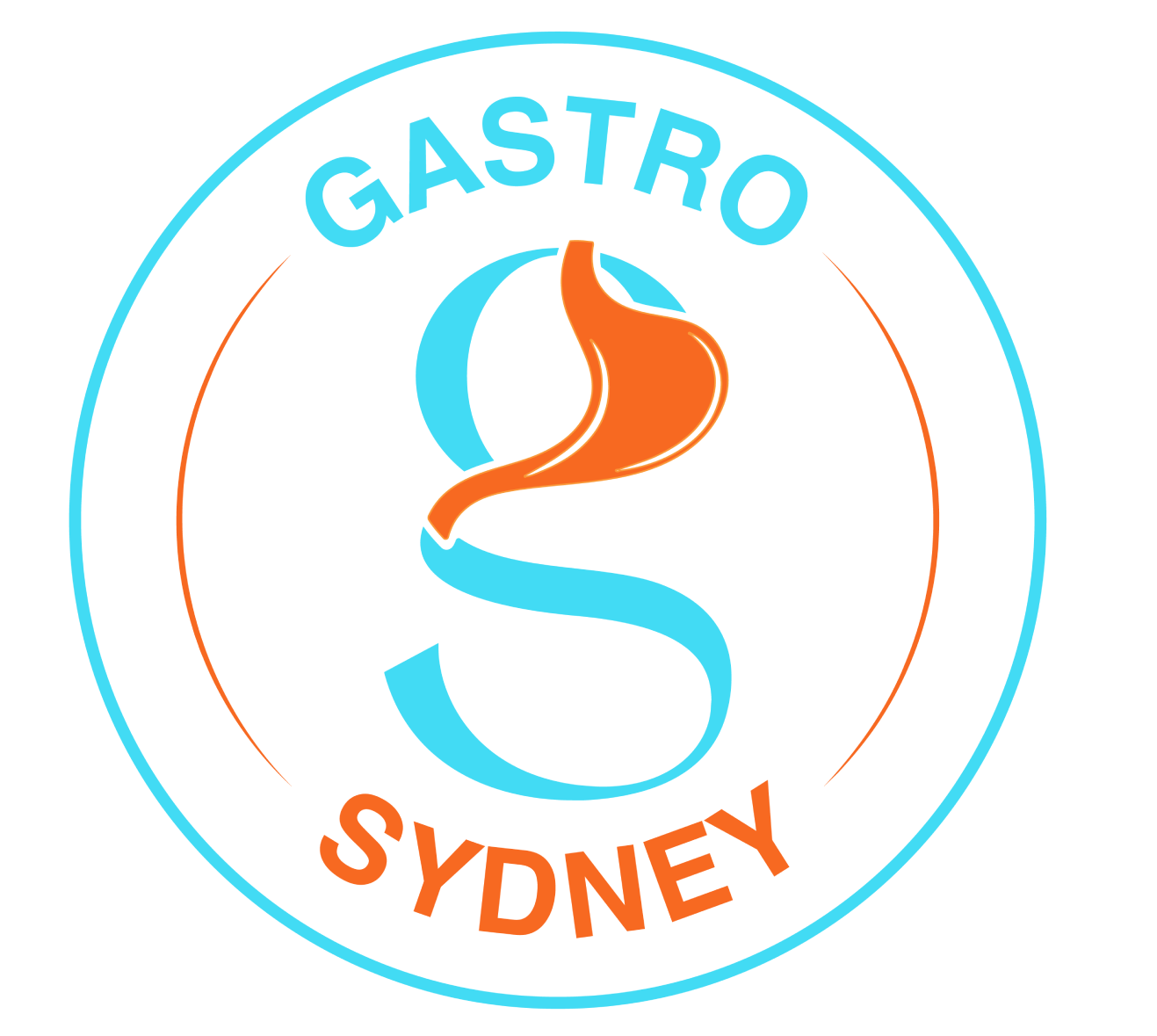Coeliac Disease
What is coeliac disease?
-
Celiac disease is an illness caused by an immune reaction to eating gluten. Gluten is a protein found in foods containing wheat, barley or rye.
-
If you have celiac disease, eating gluten triggers an immune response to the gluten protein in your small intestine. Over time, this reaction damages your small intestine’s lining and prevents it from absorbing nutrients, a condition called malabsorption.
-
The intestinal damage often causes symptoms such as diarrhea, fatigue, weight loss, bloating or anaemia. It also can lead to serious complications if it is not managed or treated. In children, malabsorption can affect growth and development in addition to gastrointestinal symptoms.
-
There’s no definite cure for celiac disease. But for most people, following a strict gluten-free diet can help manage symptoms and help the intestines heal.
- Coeliac disease tends to run in families.
Symptoms are highly variable and can include:
- No symptoms (asymptomatic)
- Diarrhoea
- Fatigue
- Nausea
- Flatulence
- Abdominal pain and bloating
- Iron deficiency
- Folic acid deficiency
- Mouth ulcers
- Miscarriages & infertility
- Genetic predisposition to gluten sensitivity
- Sometimes, it becomes active after surgery, pregnancy, childbirth, viral infection or severe emotional stress
- Coeliac disease could be associated with Type 1 diabetes, Down Syndrome, autoimmune thyroid disease, microscopic colitis and Addison’s Disease
Coeliac disease is triggered by eating gluten.
-
A strict, lifelong gluten-free diet is the only way to manage celiac disease. Besides wheat, foods that contain gluten include:
- Barley
- Bulgur
- Durum
- Farina
- Graham flour
- Malt
- Rye
- Semolina
- Spelt (a form of wheat)
- Triticale
A dietitian who works with people with celiac disease can help you plan a healthy gluten-free diet. Even trace amounts of gluten in your diet can be damaging, even if they don’t cause symptoms.
Gluten can be hidden in foods, medicines and non-food products, including:
- Modified food starch, preservatives and food stabilizers
- Prescription and over-the-counter medications
- Vitamin and mineral supplements
- Herbal and nutritional supplements
- Lipstick products
- Toothpaste and mouthwash
- Communion wafers
- Envelope and stamp glue
- Play dough
- Certain makeup products
Removing gluten from your diet will typically reduce inflammation in your small intestine, causing you to feel better and eventually heal. Children tend to heal more quickly than adults.
Vitamin and mineral supplements
If your anaemia or nutritional deficiencies are severe, supplements may be recommended, including:
- Copper
- Folic acid
- Iron
- Vitamin B-12
- Vitamin D
- Vitamin K
- Zinc
Vitamins and supplements are usually taken in pill form. If your digestive tract has trouble absorbing vitamins, you might be able to get them by injection.
- It is recommended to see a dietitian for dietary advice regarding a Gluten-free diet and which foods are ok
- See table here for printable list
- You should first approach your GP if you suspect coeliac disease
- Your GP will take a medical history and do an examination. If thought necessary, further tests will be undertaken, and you may be referred to a specialist such as Dr Zarghom
- A gluten-free diet should never be started until there is a proper diagnosis or this may interfere with getting a correct diagnosis
- Coeliac disease can only be diagnosed with blood tests and pathology examination of a biopsy, which is usually quite a simple and painless procedure that does not require a hospital stay overnight
- Medication is rarely necessary and the treatment is eating a strict gluten-free diet
- A visit to a dietitian is highly recommended to help you plan for a gluten-free diet
- Eat out carefully. The dining establishments in this link provide accredited gluten free dining
- Coeliac Australia can provide a wealth of information on the condition
- It is important to tell your pharmacist if you have Coeliac Disease as some medications contain gluten
Most people with Coeliac disease have a normal life expectancy, provided they manage the condition with a lifelong gluten-free diet.

